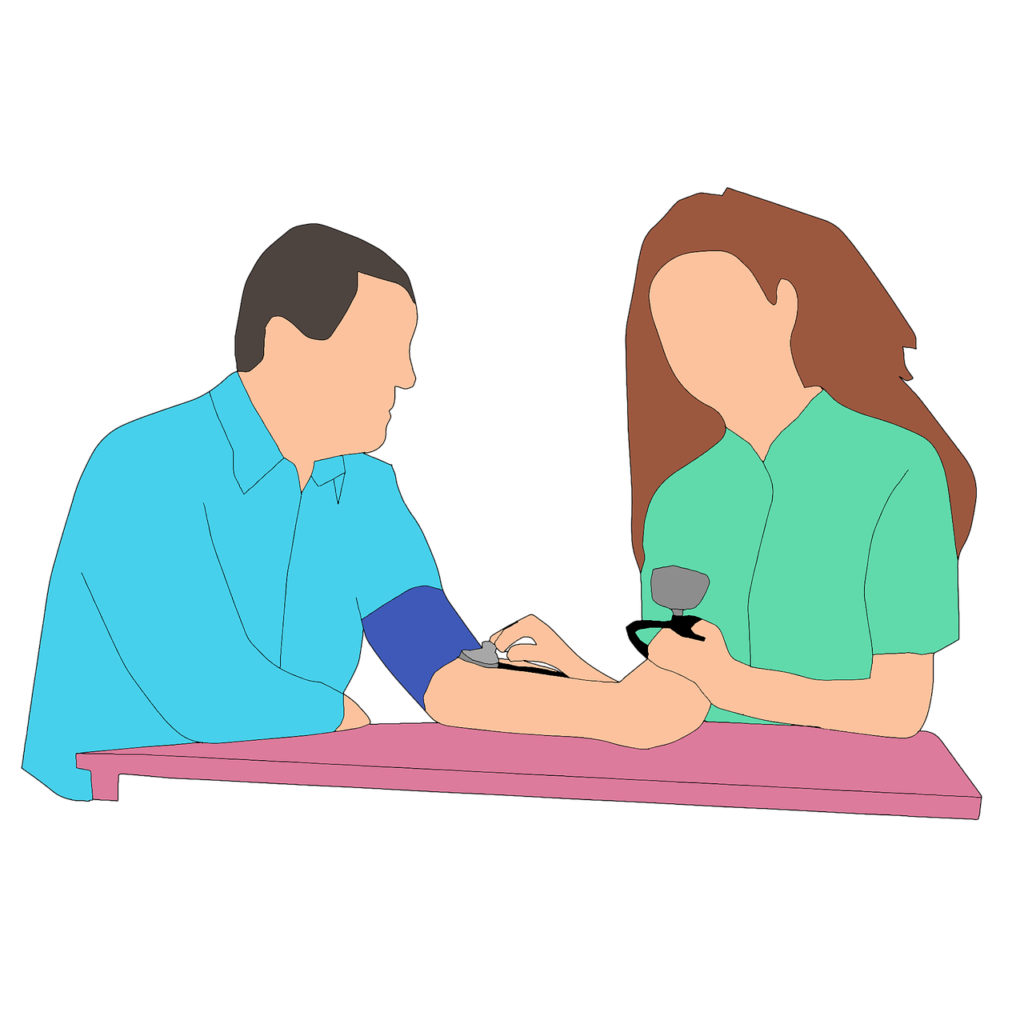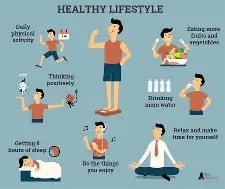
7 Myths About Cardiovascular Health Debunked
7 Myths About Cardiovascular Health — Debunked. Here, Cardiovascular health refers to the health of the heart and blood vessels. Furthermore, Cardiovascular disease is a group of diseases of the heart and blood vessels, including coronary heart disease, stroke, heart failure, heart arrhythmias, and heart valve problems. Consequently, there are several risk factors that lead to the development of cardiovascular disease, including high blood pressure, high blood cholesterol, tobacco use, and diabetes. However, when it comes to heart health, misinformation can be as dangerous as the risk factors themselves. So then, let’s set the record straight by busting some of the most common myths about cardiovascular health.
Myth 1: Heart disease only affects older people

7 Myths About Cardiovascular Health — Debunked. So then, the truth: Subsequently, while age is a risk factor, lifestyle habits like poor diet, smoking, and inactivity can damage your heart much earlier than you think. And in fact, plaque buildup in arteries can begin in childhood if habits are unhealthy.
What to do: Start heart-friendly habits early — regular exercise, balanced nutrition, and avoiding tobacco.
Myth 2: If I feel fine, my heart must be healthy

7 Myths About Cardiovascular Health — Debunked. The truth: Consequently, many heart conditions are “silent” in their early stages, meaning you may have high blood pressure, high cholesterol, or narrowing arteries without symptoms.
What to do: Schedule regular check-ups to monitor blood pressure, cholesterol, and blood sugar.
Myth 3: Men are the only ones who need to worry

7 Myths About Cardiovascular Health — Debunked. The truth: Here, cardiovascular disease is the leading cause of death in women as well. However, symptoms in women can be different — sometimes no chest pain, but nausea, fatigue, or jaw pain instead.
AS a result, what to do: Women should be aware of these unique symptoms and take heart health just as seriously as men.
Myth 4: A little high blood pressure is nothing to worry about

7 Myths About Cardiovascular Health — Debunked. The truth: Hence, even slightly elevated blood pressure can damage your arteries over time and increase the risk of stroke, kidney disease, and heart attack.
What to do: Therefore, maintain a healthy diet, limit salt, and monitor your blood pressure regularly.
Myth 5: I exercise, so I can eat whatever I want

7 Myths About Cardiovascular Health — Debunked. The truth: Furthermore, exercise is vital, but diet is equally important. A poor diet high in saturated fat, salt, and sugar can still raise cholesterol and blood pressure even if you’re active.
What to do: Pair your workouts with a balanced, nutrient-rich diet for the best protection.
Myth 6: If heart disease runs in my family, I can’t do anything about it

7 Myths About Cardiovascular Health — Debunked. The truth: Genetics influence risk, but lifestyle changes can dramatically reduce that risk. Your choices can help “turn off” harmful gene activity.
What to do: Don’t assume fate is sealed — focus on healthy habits, screenings, and preventive care.
Myth 7: Taking vitamins will protect my heart

7 Myths About Cardiovascular Health — Debunked. The truth: While vitamins are useful if you have a deficiency, they can’t replace the proven benefits of a healthy lifestyle. Some supplements may even be harmful in excess.
What to do: Get your nutrients mainly from food — think fruits, vegetables, whole grains, and lean proteins.
Final Thoughts
Misinformation can lead to dangerous delays in prevention and treatment. The good news? The more you know, the more control you have over your heart health.
Pensioner Fitness – Helping You Stay Strong, Steady, and Self-Reliant
Pensioner Fitness Awards
THE BUSINESS CONCEPT, BEST IN BUSINESS AWARDS
- “MOST INSPIRING SENIOR WELLNESS WEBSITE 2023“
THE GLOBAL HEALTH AND PHARMA, FITNESS AND NUTRITION AWARDS
2. “BEST SENIOR FITNESS AND NUTRITION SPECIALIST 2023“
THE MIDDLE EAST AND AFRICA BUSINESS AWARDS
3. “ MOST INCLUSIVE FITNESS PROVIDER 2023″
THE CORPORATE LIVE WIRE GLOBAL AWARDS 2023/2024
4. ” FITNESS ADVISORY PLATFORM OF THE YEAR“ 2023/2024
In Conclusion
The most important behavioural risk factors of heart disease and stroke are unhealthy diet, physical inactivity, tobacco use and harmful use of alcohol. Amongst environmental risk factors, air pollution is an important factor. The effects of behavioural risk factors may show up in individuals as raised blood pressure, raised blood glucose, raised blood lipids, and overweight and obesity. These “intermediate risks factors” can be measured in primary care facilities and indicate an increased risk of heart attack, stroke, heart failure and other complications.
Cessation of tobacco use, reduction of salt in the diet, eating more fruit and vegetables, regular physical activity and avoiding harmful use of alcohol have been shown to reduce the risk of cardiovascular disease. Health policies that create conducive environments for making healthy choices affordable and available, as well as improving air quality and reducing pollution, are essential for motivating people to adopt and sustain healthy behaviours.
Important Note *
Remember that everyone is different, it is ultimately YOUR RESPONSIBILITY to find what your body responds to. So please do your due diligence before trying anything new, including getting Medical Advice to ensure your safety and peace of mind.
Connect with me and leave a com